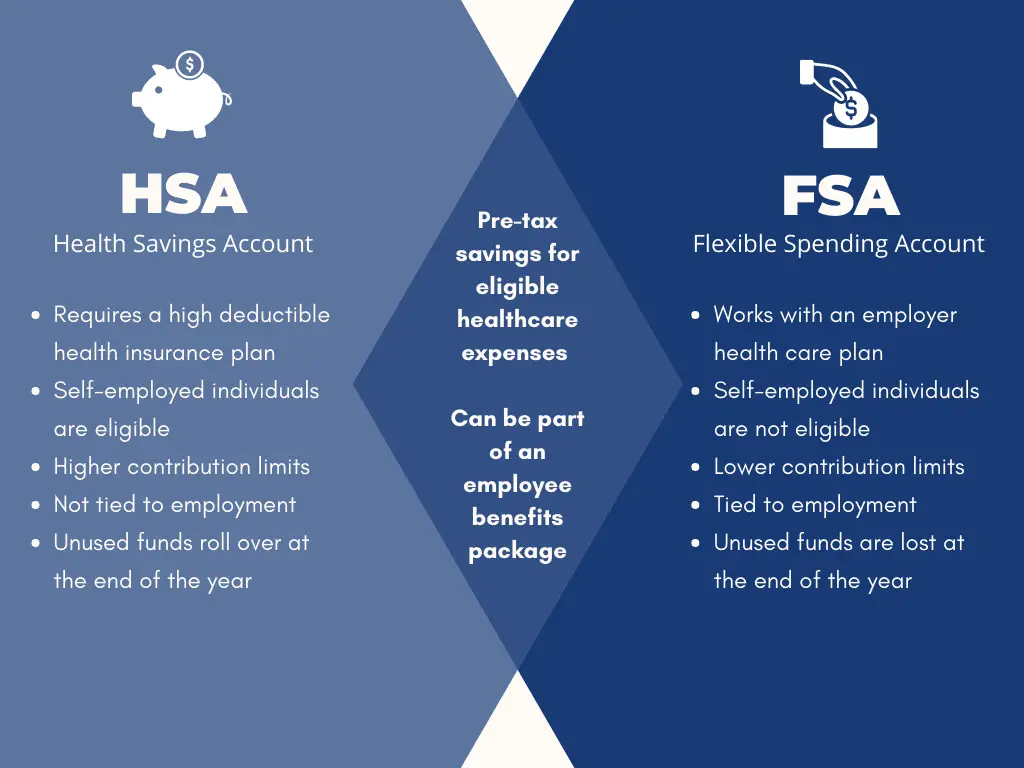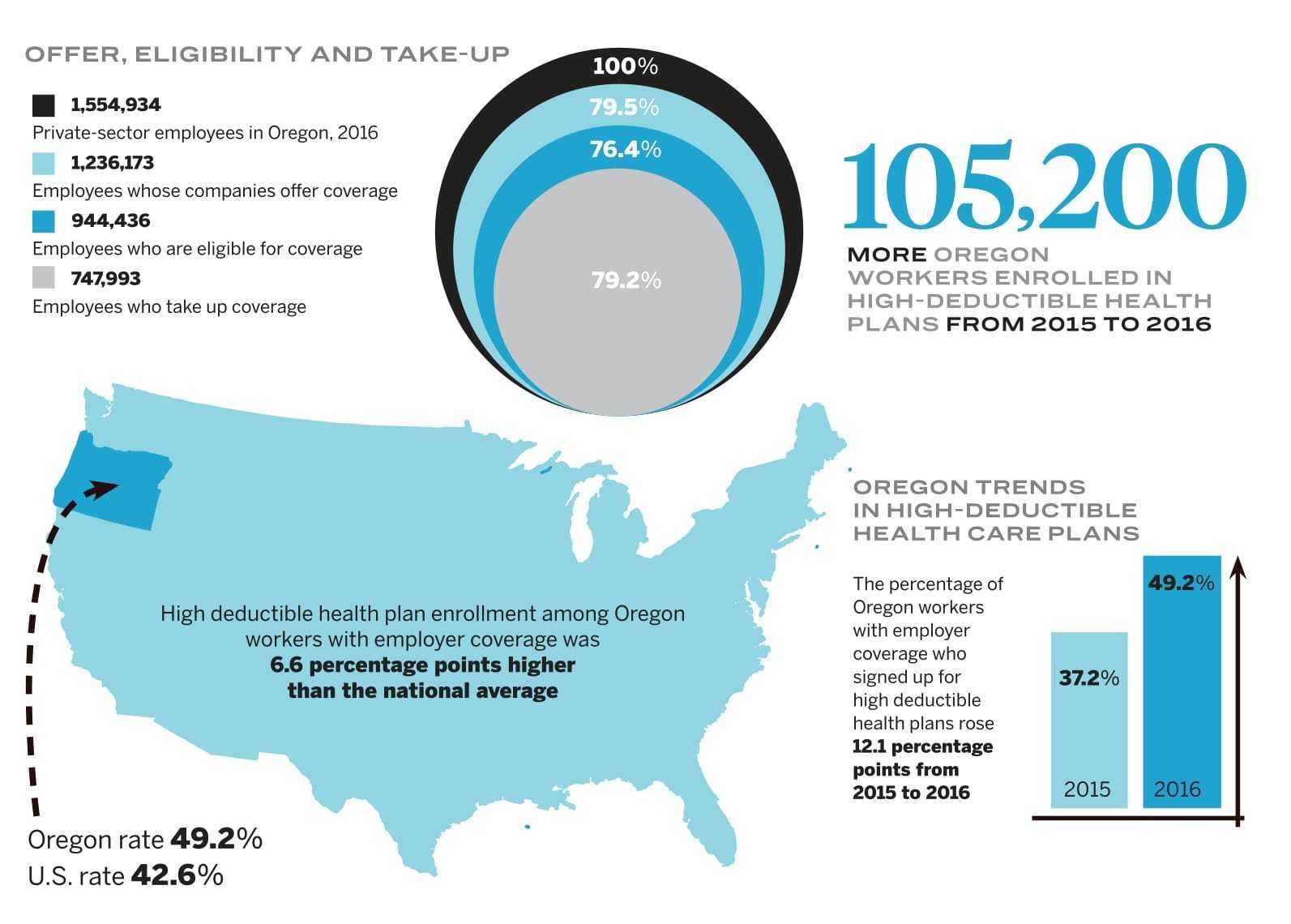To become a health inspector, you do not need to meet any particular academic requirements, but those who have a partner or bachelor's degree in occupational health, biology, chemistry, or an associated field might have a better opportunity of securing employment. Also, there are no certifications required for this job, but acquiring qualifications from The Council on Certification of Health, Environmental, and Safety Technologists (CCHEST) or The Occupational Safety and Health Administration (OSHA) is a great method to enhance your qualifications. From these organizations, you find out the fundamentals of public health, food safety, public security policies, examination practices, and health codes.
Program Me Schools Learn how to become a health inspector. Research study a health inspector wage, education, and profession requirements, in addition to training info and the experience required for starting a profession in health inspecting.
Show Me Schools Learn how to end up being a public health inspector. Research study the education and profession requirements, training information and experience required for beginning a career in health inspection.
By Chron Factor Updated January 15, 2021 The job of a health inspector is to secure the health and security of the general public. Although the licensing requirements for health inspectors differ depending on the state and local jurisdiction, all individuals operating in the field should satisfy particular standard requirements. Many states and county health departments mandate that you pass a registration examination prior to you can work as a health inspector. Educational requirements differ amongst companies and the level of position you hold. Basic course work for health inspectors consists of biology, chemistry, mathematics and physics at the high school level. People who go on to pursue a postsecondary education in the field of occupational safety and health normally earn degrees in a science or technical field.


Other courses that might satisfy eligibility requirements include anatomy, commercial hygiene and public health (What is universal health care). Degree programs offer courses in management principles and business technology along with basic education electives. Trainees enroll that cover OSHA guidelines, industrial hygiene, mishap investigation and avoidance, and harmful materials management. The U.S. Department of Labor offers an introduction of appropriate curricula ranging from certificates to doctorates. People who want to work as health inspectors have the choice of finishing a certificate program, earning an associate degree or completing a bachelor's or master's degree program. Health inspectors usually make a bachelor's degree in occupational health, a natural science or environmental sciences.
Unknown Facts About How To Check Battery Health On Macbook
A bachelor's degree can be in any major, although the curriculum must focus on courses relevant to the field of occupational security and health. Those people who prepare to seek certification should make an associate degree in environmental safety or health or a bachelor's degree to certify. All health inspectors, despite their level of education, should be well-informed of the relevant federal and state laws, as well as ecological and health policies. In addition to their official education, health inspectors receive on-the-job training. The type of hands-on training you get depends on the type of work environment that you inspect (Institutions are required by the u.s. Public http://griffinkyti231.cavandoragh.org/what-does-social-health-mean-fundamentals-explained health service to do which of the following:).
Lots of companies prefer to hire job candidates who have had previous work experience, even if the practical experience originates from an internship or externship required to successfully finish a scholastic program. Experience working as a health inspector is a requirement for accreditation. While individuals operating in the field of occupational security and health are not needed to acquire certification, numerous employers eventually encourage you to end up being accredited. Health inspectors acquire accreditation through certifying programs such as the National Environmental Health Science and Security Accreditation Council or the Council for College Accreditation. A number of other accreditations are offered to security workers.
: pursue a profession in the field of environmental and public health? safeguard the environment and susceptible populations? make a positive difference in your community? gain valuable job abilities, a valuable professional license, and hands-on field experience?, an 8-week course followed by a 200-hour overdue field training internship, offers the competence and hands-on experience you need, and qualifies you to sit for the Licensing Test. For a fast snapshot of the EPH program, take a look at this pamphlet. For 2021, the "classroom" part of the Environment and Public Health Program will run from May 24 to July 16. All trainees who successfully pass the EPH course will then be positioned in a field-training internship with a community or county health department.
The "class" portion of EPH 2021 will be held online. Students may participate in class from the convenience and security of their own houses with making use of high-speed web and a computer system. In general, live classes (held utilizing the "Zoom" web conferencing tool) will take place in between 8:45 and 3:30 EDT, Monday through Thursday, with some exceptions to those starting and ending times. Attendance is obligatory. Self-paced, asynchronous (pre-recorded) classes will be offered on Fridays (and can be viewed that day or over the weekend), which will permit more versatility to trainees' schedules. Exact timing of when the internships start and end is subject to alter, due to the uncertainty triggered by the coronavirus pandemic and the substantial work it has placed on the health departments.
Listen to students discuss what they discovered and see where they are now. Graduates of the EPH program and field training are qualified to take the New Jersey licensing test to end up being a. In New Jersey, an REHS acts as the front-line detective for much of the state's public Drug Abuse Treatment health and ecological guidelines. After the 8-week online session concludes, we'll place you in a 200-hour (5-week) unsettled internship with a health department. You will gain that matches the abilities that you've discovered in the EPH class and prepares you for a.
The smart Trick of What The Health Facts That Nobody is Talking About
Applications accepted from current State staff members, previous long-term competitive class workers eligible for reinstatement and 55-b/c prospects. You need to fulfill the minimum certification. Food Inspector 1 Category of, Details Posting Specific Details Control Number * Application Due By Title Food Inspector 1, Food Inspector Student 1, Food Inspector Student 2 Place: City DEC Region Division/Bureau Wage: Grade: $38,934 - $65,190 Reliable 04/1018/13/ 14 Income dependent upon certifications of prospect Work Hours Days Work Days Mon. - Fri. Employment Type Permanent Budgeted Product Appointment Type Jurisdictional Class Competitive Negotiating Unit/MC PS&T 05 (PEF) Duties/Responsibilities To be gone over at interview Minimum Credentials, Strictly abided by based on, Civil Service requirements - Currently in the title and a staff member of DECor - Previously held the title on a permanent competitive basis or held a title as indicated under the transfer eligible section on a permanent competitive basis.
4: Need to fulfill the open competitive minimum credentials listed below; or, Qualified for transfer under Area 70. 1: Permanent competitive service as a Food Inspector 1 - What determines health?. 55-b/55-c Prospects need to fulfill the open competitive minimum qualifications below and include with their resume or application, a copy of the letter from Civil Service which suggests approval for the 55-b/55-c program. Open competitive minimum certifications (supplied for 55b/c candidates and 70. 4 transfer eligibles): 120 college term credit hours which should consist of 18 credit hours in specialized courses associated to: chemistry, microbiology, food quality assurance, public health, entomology, food technology, food science, food processing technology, food sanitation, dairy science, biology, ecological sanitation, or Drug Rehab environmental health.